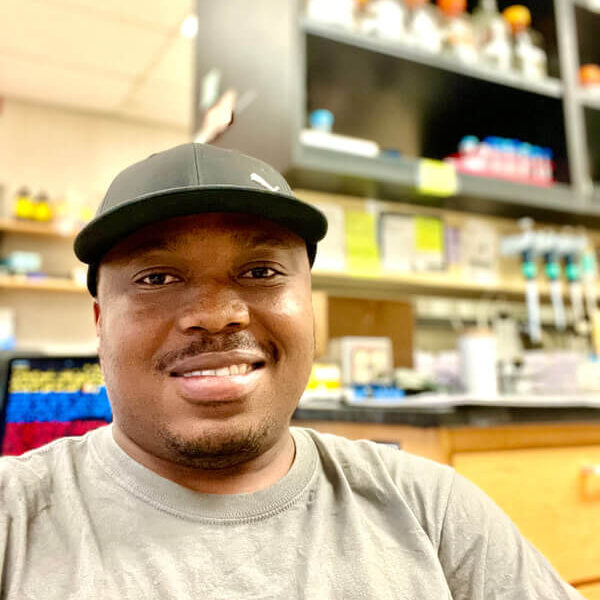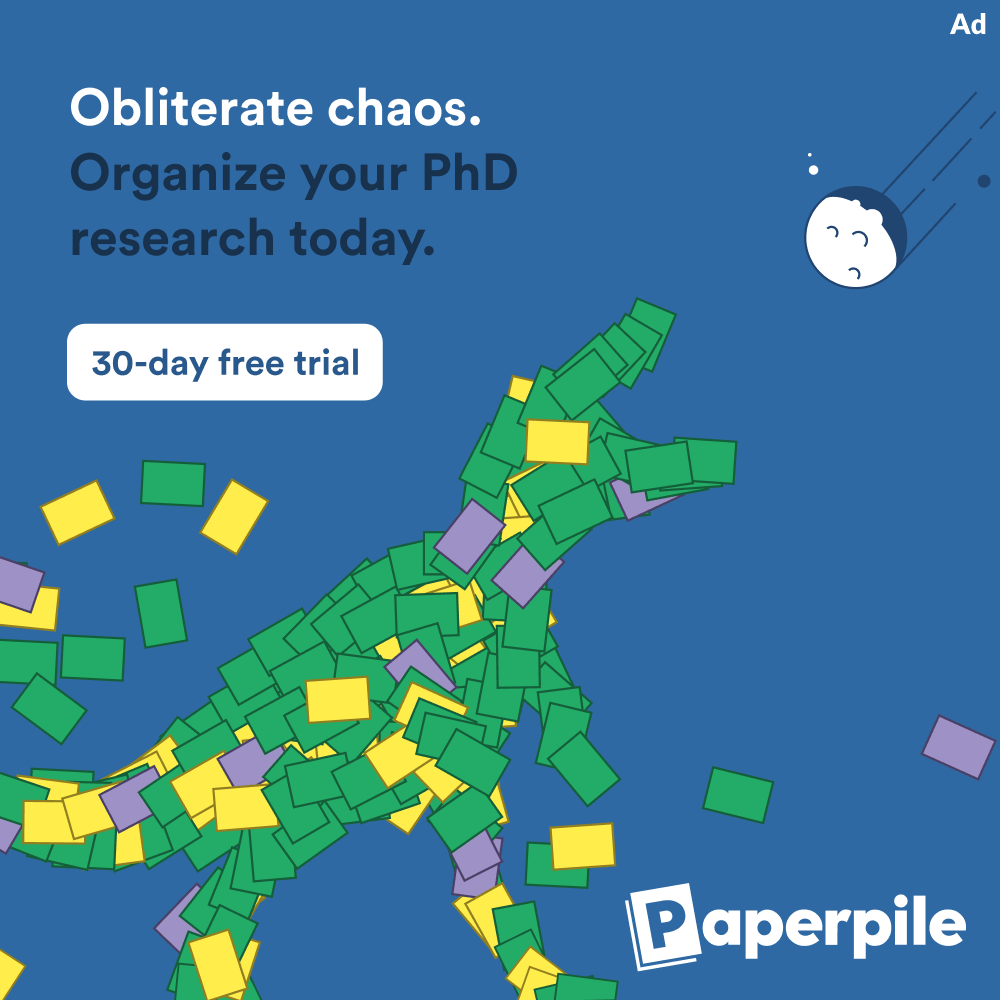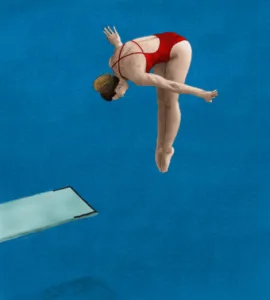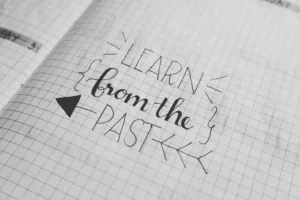I spent more time trying to craft an exciting intro than writing the main article itself. I was torn between two choices: (1) make the intro as spicy as the habanero pepper that features in most of my recipes, or (2) make it as cool as the lemonade I reach for to quench the capsaicin-induced furnace in my mouth from option 1. I couldn’t decide, so the intro was to be that which you just read.
The only thing I love more than eating food is the art of cooking itself. Immersing myself in the aura of mixing and matching, experimenting, failing, and ultimately whipping up something quite tantalizing has made me come alive. As a doctoral candidate in molecular virology, I spend most of my time conducting wet lab experiments. Consciously, however, I do carve out time to swap the cell culture hood for the ambiance of a steaming stove, the stack of cell culture dishes for pans and pots, and the pack of Pasteur pipettes for a set of iridescent knives.
Being a foodie has broadened my cultural integration. As an international student in the United States, I have savored Indian biryani rice, Yemeni lamb haneeth, Japanese sushi, Polish pierogi, and countless other delicious meals. Experiencing these cuisines has not just given me dietary satisfaction; it has provided me with a sense of cultural appreciation.
Pursuing a doctoral degree is constantly plagued with the feeling that every non-academic aspect of one’s life should be on pause, thus limiting our opportunities to create important memories. Being creative with my cooking, sharing, and eating has afforded me some of the best memories I have had in my grad studies. One event stands out – the day I savored my first serving of the biryani rice. I could see the pride on my friend’s face when I took my first spoonful – especially since, contrary to his good-hearted advice, I ordered the spiciest variant the restaurant had on offer! Another event which comes to mind is when my group of friends had a cook along – four different nationalities cooking their native cuisine in my kitchen simultaneously – it was good chaos, and the mosaic of distinct aromas was heavenly.
Apart from the special memories I’ve garnered from my foodie escapades, I take cooking seriously because I am conscious of eating healthy. In trying to limit the percentage of refined food in my diet, I tend to cook more. I doubt anyone needs convincing that healthy nutrition has a pretty high correlation with overall wellbeing.
In addition, it is way cheaper for me to make meals as a grad student. As a first-generation doctoral student surviving on the infamously low graduate stipends in the landscape of constantly skyrocketing consumer product prices, cooking continues to be a lifesaver.
In conclusion, all the experiences elucidated above led me to create a Twitter handle called @phdchef (still early days!), where I aim to casually document my culinary and foodie escapades as a grad student. Amongst the pictures I have uploaded is my plantain porridge (shown above) which gives me immense joy and satisfaction whenever I look at it. I do not know if it is because I took some nice shots or just the occasional whipping up of the residual taste that dwells gallantly in the corner of my mind.

